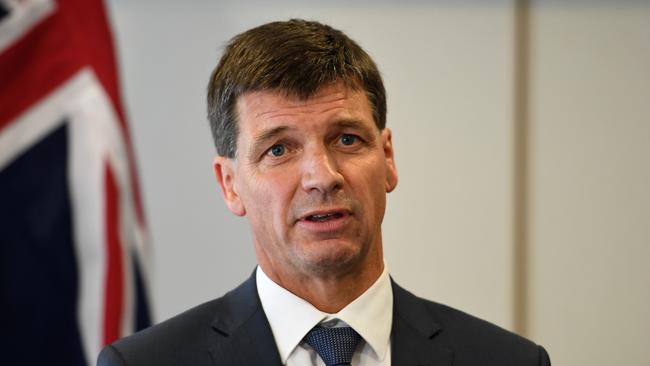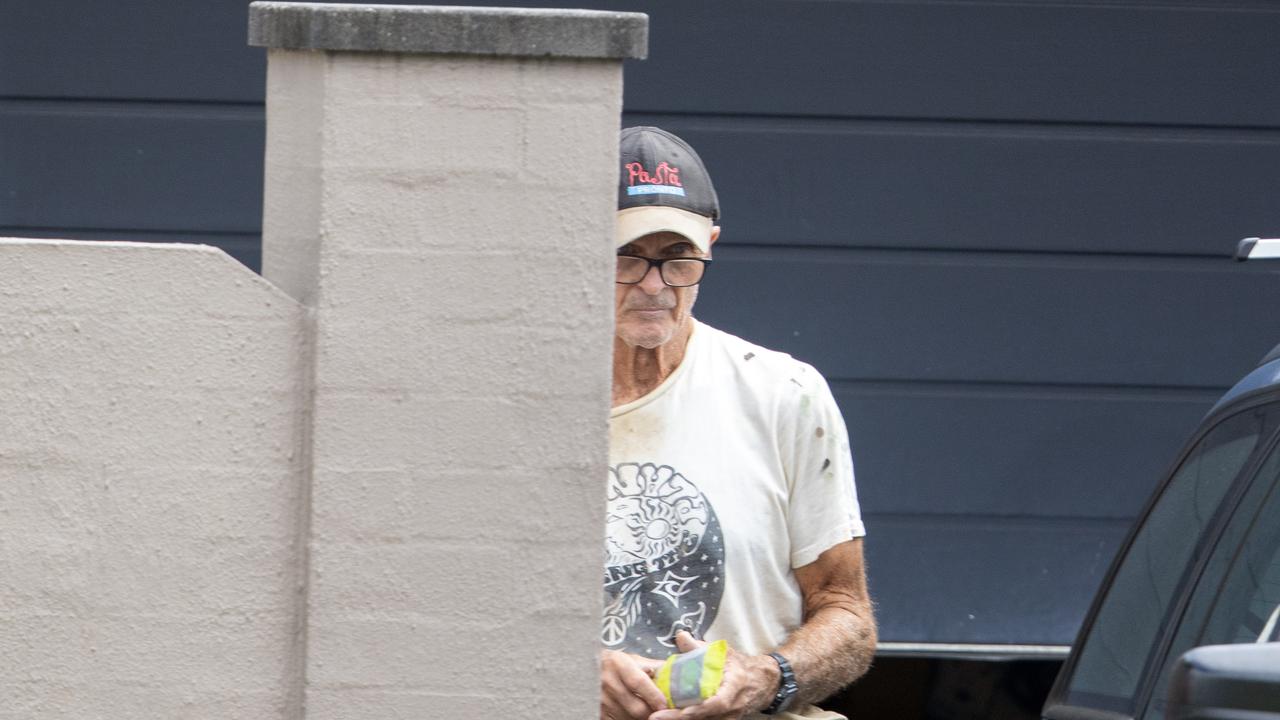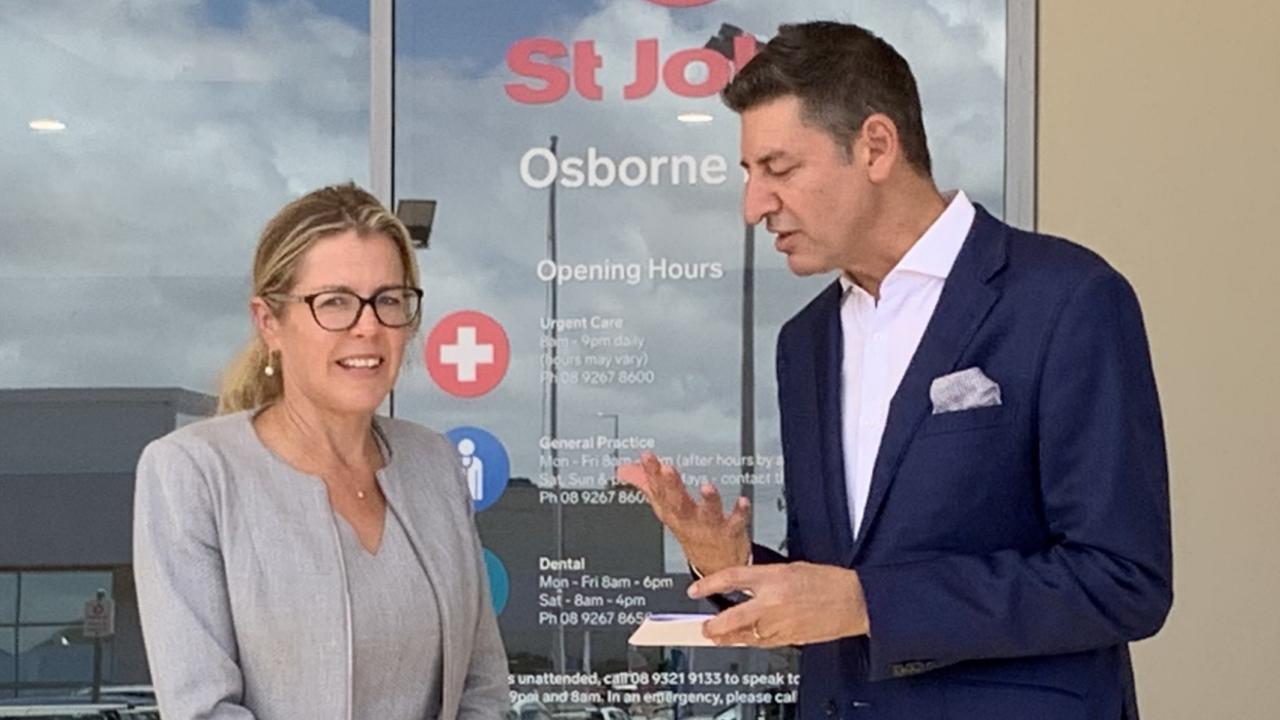Push for cheaper petrol off to Paris
The Morrison government will raise concerns about petrol prices with the Paris-based International Energy Agency.

The Morrison government will raise concerns about petrol prices to the Paris-based International Energy Agency, after the competition watchdog blamed the “cartel” behaviour of major oil exporters for rising fuel costs in Australia.
Officials from the Department of Environment and Energy will put petrol prices on the agenda at the IEA’s meeting next month in an effort to get the multinational body to convey Australia’s concerns to the Organisation of the Petroleum Exporting Countries.
The IEA was created as a counter-balance to OPEC, and Australia is one of the 30 developed-nation members.
The Australian understands government officials will try to gain support from the US, Japan and European nations before the meeting.
Energy Minister Angus Taylor said the government would leave “no stone unturned” in trying to bring cheaper petrol to Australians.
“We’ll be raising petrol prices at the next International Energy Agency meeting and looking to find solutions for the pain many Australian families and businesses are feeling,” Mr Taylor told The Australian.
“There is no silver bullet to high petrol prices, but we’ll be working with like-minded international partners to ensure we leave no stone unturned.”
Scott Morrison put local petrol retailers on notice this week, threatening them with a “big stick” of regulatory action if they did not lower prices, which averaged $1.54 a litre in NSW on Thursday night.
The Prime Minister also urged the Australian Competition and Consumer Commission to “take action” against companies that were not giving motorists a good deal.
But ACCC chairman Rod Sims told The Australian on Tuesday there was no evidence petrol companies were gouging consumers, saying they were hamstrung by international forces, including a falling Australian dollar and OPEC nations’ “cartel” behaviour.
“You have got this massive increased price in crude oil, and the exchange rate, that is what is driving what is going on,” Mr Sims said.
US President Donald Trump has been a major critic of OPEC — a grouping of 15 major oil exporters, including Iran, Iraq and Saudi Arabia — and urged the exporters to release more of the commodity for sale.
Brent oil prices dipped slightly during the week, from $US78 a barrel on Monday to $US75 a barrel last night, after Saudi Arabia indicated it would bring more supply onto the market. Oil prices have increased by 25 per cent in the past year and by about 60 per cent since June 2016.
Opposition assistant energy spokesman Pat Conroy said increasing the penetration of electric cars in the local market would make Australia less reliant on OPEC exporters.
“The most direct driver of high petrol prices is the international oil price, so one of the best ways of reducing fuel costs is by breaking the nexus to international oil prices by investing in electric vehicles and hydrogen fuel cell cars,” Mr Conroy said.
“That is a great way of, over the long term, making transport more affordable and cleaner.”
Resources Minister Matt Canavan said on Wednesday it was a “national priority” to encourage offshore oil exploration, including in the Great Australian Bight, so Australia could be self-reliant in petrol supply and not dependent on volatile global markets.



